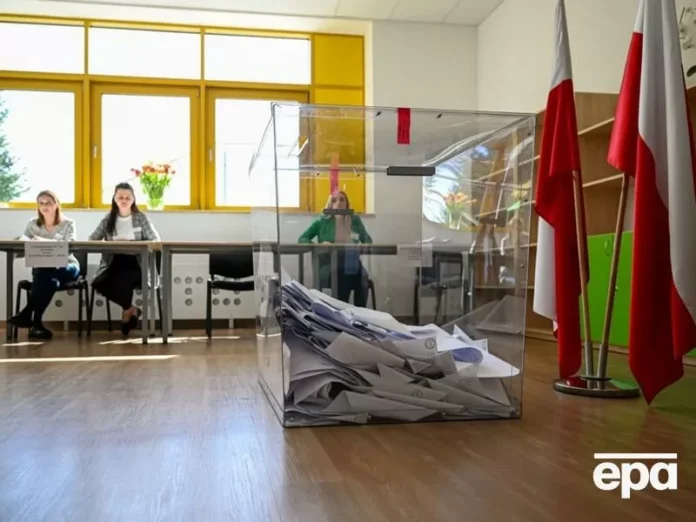In Poland, the current head of the gmina (the smallest self-governing administrative unit) of Wilkowice in the Silesian Voivodeship, Janusz Zemanek, was the only candidate in the local elections on April 7th, but failed to secure the necessary number of votes. This was reported by RMF24.
According to the results of the election, Zemanek received only 49.9% of the votes, falling short of the required 50% plus one vote needed to win. This unexpected outcome has caused quite a stir in the small community of Wilkowice, with many questioning how the only candidate could fail to secure a victory.
Zemanek, who has been the head of Wilkowice for the past four years, was confident in his re-election and did not expect to face any competition. However, the low voter turnout of only 37.5% may have played a role in his defeat. Some residents of Wilkowice expressed their disappointment with the lack of choice in the election, with one resident stating, «It’s not fair that we only had one candidate to choose from.»
Despite the disappointment, Zemanek remains positive and grateful for the support he did receive. In a statement to RMF24, he said, «I am grateful to all those who voted for me and I will continue to work for the good of Wilkowice.»
The unexpected turn of events has also sparked discussions about the state of local politics in Poland. Some argue that the lack of competition in local elections is a sign of a weak democracy, while others believe that the low voter turnout reflects a lack of interest and engagement from the community.
However, this situation has also shed light on the challenges faced by small communities in rural areas. Wilkowice, with a population of only 2,500, is a close-knit community where everyone knows each other. This may have played a role in the lack of interest in the election, as residents may have felt that their vote would not make a difference.
Despite the setback, Zemanek remains committed to serving his community and has already started planning for the next election. He hopes to address the concerns of those who did not vote and work towards increasing civic engagement in Wilkowice.
The situation in Wilkowice serves as a reminder that every vote counts and that democracy requires active participation from all members of the community. It also highlights the importance of having multiple candidates in elections, as it allows for a more diverse and representative government.
In conclusion, the local elections in Wilkowice may not have gone as expected, but it has sparked important discussions about democracy and civic engagement. Janusz Zemanek may have lost this election, but he remains determined to continue serving his community and working towards a better future for Wilkowice.

